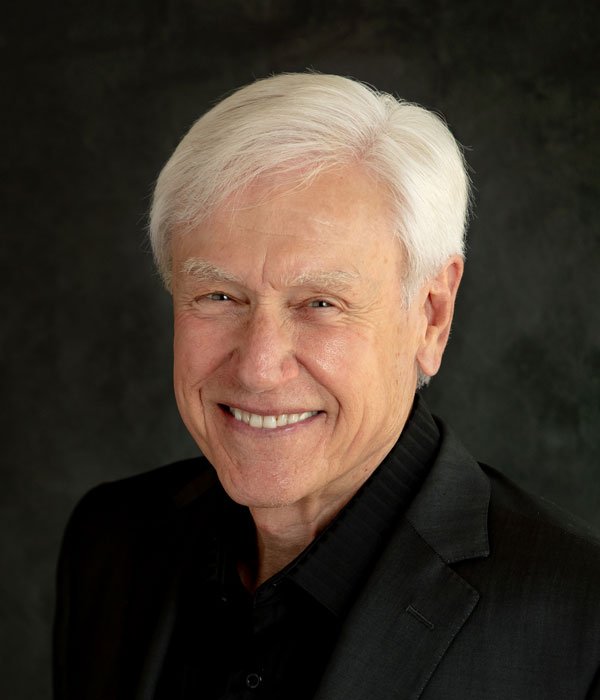I recently went one on one with Nina Vinik, founder and executive director of gun violence prevention organization Project Unloaded.
Adam: How did you get here? What experiences, failures, setbacks, or challenges have been most instrumental to your growth?
Nina: As a young lawyer, I did a lot of work helping clients with housing problems in some of the same communities that were hardest hit by gun violence. Solving a family’s housing issues seemed inadequate when so many didn’t even feel okay sitting out on their front steps, let alone sending their kids down the street to the park, for fear of gun violence. No one should ever have to feel that afraid. That’s what led to my pivot to focus my career on gun violence prevention, which I’ve done in different capacities at nonprofits and now through my own organization.
Today, we’re seeing the incredibly tragic toll of America’s out-of-control gun culture. People don’t feel comfortable taking the subway or even just going to the grocery store. Over the past 20 years I’ve focused on this problem from multiple angles: law, policy, research, philanthropy, community engagement, you name it. And in that time, gun violence has gotten worse. Despite some progress, the current solutions just aren’t solving the problem. That’s what led me to focus on culture change. We know from decades of research that where there are more guns, there’s more gun violence. But most people believe the myth that having a gun will make them safer, and it’s leading more and more people to buy more and more guns. That myth sits at the heart of our gun culture. If we don’t address that myth and shift that narrative, we will continue to struggle to get this epidemic under control.
Our work focuses on reaching and empowering Gen Z, because they are feeling the burden of gun violence unlike any other. Guns are now the leading killer of children and teens in the U.S. We all know that it’s hard to change the views of adults, but young people are still forming their opinions about guns, and our research shows that reaching them with simple, fact-based messages about the risks of using guns is working. From witnessing the impact of gun violence in the streets of Chicago to now working with young people through our Youth Council, my mission is to change how Americans think about guns to reduce the impact of gun violence on our communities.
Adam: What are the best leadership lessons you have learned from leading a nonprofit organization?
Nina: The most effective leaders understand that they still have so much to learn. I am the founder and executive director of my organization, but I am still learning an incredible amount from the high school and college students we work with. They have all been affected by gun violence in some way—one of our current members was marching in the Highland Park July 4 parade last summer when the shooting began—and they all share my passion for ending gun violence. Everything we do is guided by their advice and input, and they are the face and voice of Project Unloaded’s social media campaigns to reach their peers with the facts that guns do not keep us safe.
Adam: In your experience, what are the defining qualities of an effective leader?
Nina: An effective leader seeks solutions by asking questions. A lot of leaders today think they must already know everything—and that’s just not the right approach. People look to leaders for answers, yes, but they also really respect when a leader can admit when they don’t have all the answers. No one can be the expert on everything. For example, I’m not a TikTok expert, but I know it’s a powerful tool in spreading our message about gun culture. Our youth council members know how to use TikTok effectively, and I follow their guidance.
Gun violence is way too complex of an issue to solve as one person, one organization, or even one community. We need everyone to get on the same page—our lives depend on it.
Adam: How can leaders and aspiring leaders take their skills to the next level?
Nina: Work to identify your blind spots. The path to success is never a straight line. Always ask yourself: what are your (and your organization’s) challenges? Which ones are easy to solve, and which ones will take more time? Develop a plan and a timeline to address those you can, and figure out what kind of help you’ll need to conquer them. And most importantly, let go of the problems you can’t solve.
Adam: How can leaders and inspiring leaders drive social change?
Nina: Always listen. When you think you know everything, you’re more closed off to new ideas, but that’s often where we actually find a breakthrough for change. For example, our country has tried for years to rely on lawmakers to help us feel safe even leaving our homes. That approach just isn’t working. It’s a necessary part of the answer, but it’s not the answer itself. We have to constantly brainstorm what we can do differently. We feel that culture change is a missing piece when it comes to preventing gun violence. People think guns keep them safe, but it’s just the opposite. To drive real social change—and so maybe one day we can go into a grocery store without immediately checking for the exits—we must stay curious and open to new ideas and solutions.
Be willing to take risks. Innovation is never risk-free. We have to leave room for experimentation, and even failure, on the path to social change.
Adam: What is your best advice on building, leading, and managing teams?
Nina: The most successful teams play to each member’s strengths. No one is good at everything. We all have strengths and weaknesses. Instead of wringing your hands over someone’s weakness, give them assignments that leverage their strengths. The strongest teams step in where their teammates may not be as strong and build each other up along the way.
Adam: What are your three best tips applicable to emerging leaders and to senior leaders?
Nina: 1. Invest in talent. You’re only as good as the team around you. 2. Don’t fall into the trap of overpromising and underdelivering. I’ve seen too many leaders make this mistake. It only serves to undermine your credibility. Better to underpromise and overdeliver. 3. Cut yourself some slack. This is hard work, and we all need a break sometimes.
Adam: What is the single best piece of advice you have ever received?
Nina: It’s two pieces of advice, and they come from my mother: follow your instincts, and try not to hurt other people.
Adam: What can anyone do to pay it forward?
Nina: Create space for new leaders. Too often we incentivize holding onto power. But for lasting impact, we have to make sure the next generation of leaders has space to build on the work of those who have come before them.









